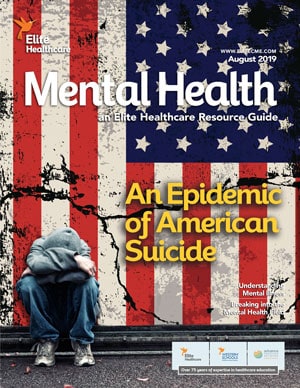New York – AbilTo, a national provider of behavioral health programs proven to improve medical outcomes and lower costs for high-risk medical populations, has announced that Telemedicine and e-Health has published the results of a study AbilTo conducted on the impact of telebehavioral therapy on diabetes patients with depression.
AbilTo’s study documents significant decreases in depression, anxiety, stress and glucose levels, as well as increased frequency of glucose self-testing, among participants.
Depression is prevalent among individuals with diabetes and associated with suboptimal self-management, but little has been known about the feasibility and potential impact of telebehavioral therapy to improve depressive symptoms and self-management among diabetes patients.
The March 9 article titled “A Tele-Behavioral Health Intervention to Reduce Depression, Anxiety, and Stress and Improve Diabetes Self-Management” and authored by Heidi Mochari-Greenberger, PhD, MPH, et al., describes the results from 466 patients who graduated from AbilTo’s eight week diabetes behavioral health program during a six month period. The care was delivered via telephone or secure video, based upon participant preference, and administered by a provider team comprised of a licensed clinical social worker and a behavior coach.
Among graduates with elevated depression, anxiety or stress at baseline (approximately half of participants), there were significant reductions in all categories, and more than 80% of participants improved by at least one category of depression, anxiety or stress severity. Improved glucose self-testing frequency and significant reductions in average morning glucose levels were observed from baseline to graduation.
According to AbilTo Chief Clinical Officer and study co-author Aimee Peters, LCSW, “Programs such as AbilTo’s are effective in motivating diabetes patients to make healthy changes at a gradual pace. By fostering skills like improving and tracking food choices, participants learn the clear connection between their behaviors and stable blood glucose levels. They leave the program with a new sense of confidence and control, as well as a practical plan for sustaining their health improvements.”
In February 2015, AbilTo and Aetna published a peer-reviewed study in The American Journal of Managed Care demonstrating that a remotely delivered behavioral health intervention could improve medical health, reduce hospital admissions and lower the cost of care for individuals with a recent cardiovascular event.
For more information, visit abilto.com.






